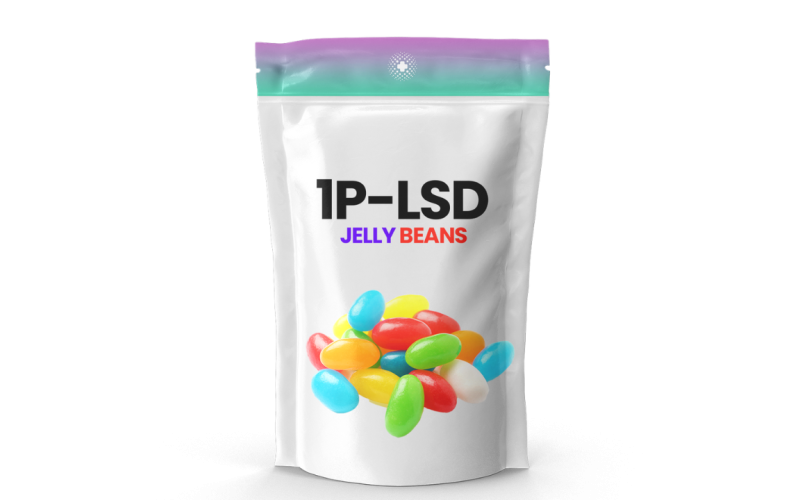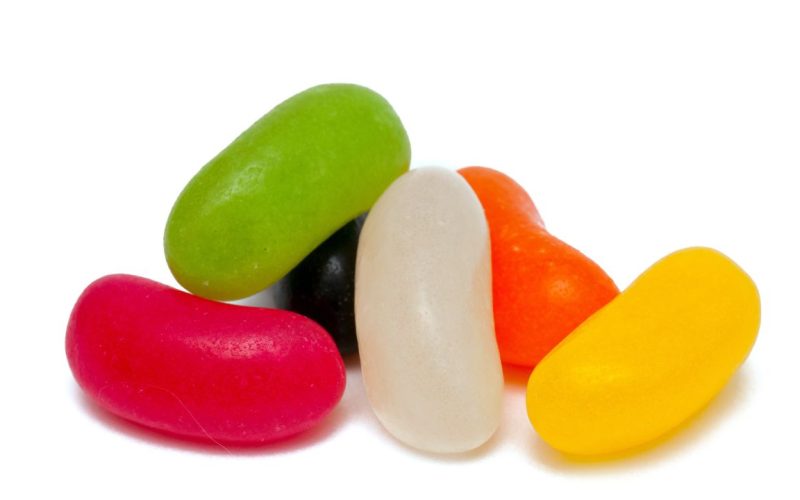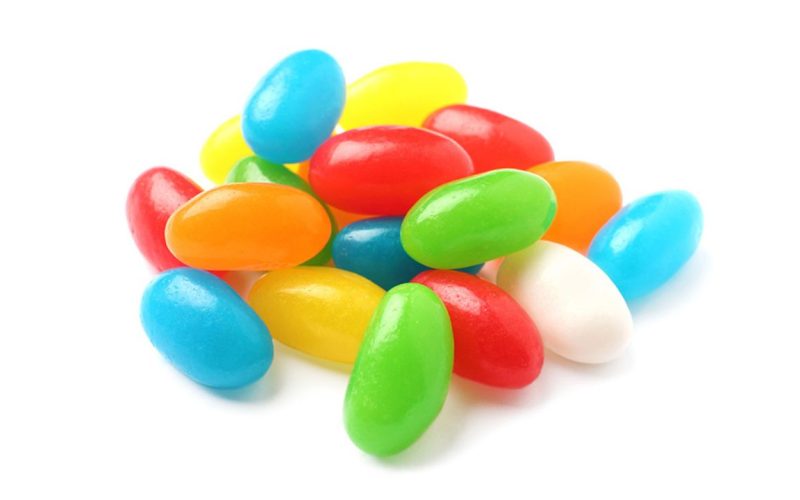Does 1P-LSD show up on a drug test
Step into the future of research with Aimimichem. Our lab-verified chemicals are the key to your next big discovery. Join our community today!
We only sell our products to customers aged 18 years or over, for purposes of research only.

Does 1P-LSD Show Up on a Drug Test? The Definitive Answer
In the world of research chemicals and psychedelics, 1P-LSD has been generating quite a buzz. As more people become curious about this compound, one question seems to crop up repeatedly: Does 1P-LSD show up on a drug test? Well, grab your lab coat and safety goggles (metaphorically speaking), and let’s dive into the science, myths, and facts behind this intriguing substance.
The Basics of 1P-LSD
Before we get into the nitty-gritty of drug tests, let’s take a quick detour to Chemistry 101. 1P-LSD, short for 1-propionyl-lysergic acid diethylamide, is a prodrug of LSD. This means that once ingested, it converts into LSD in the body. It’s like a caterpillar transforming into a butterfly, but in a much more psychedelic and less Instagram-worthy way.
1P-LSD is often used in research settings to study its effects on the brain and behavior, making it a popular choice among scientists and psychonauts alike. However, it’s important to note that companies like Aimimichem, a notable specialist in high-quality research chemicals, emphasize that their products are strictly for research purposes only and not for human consumption. So, don’t get any funny ideas about turning your living room into a makeshift lab, okay?
The Science of Drug Testing
Drug tests are like the bloodhounds of the employment world—they sniff out any illicit substances in your system and report back to the powers that be. These tests commonly screen for substances like THC, cocaine, opiates, amphetamines, and yes, our friend LSD.
Drug testing can be broadly divided into several types, each with its own methods and sensitivities. The most common tests include:
- Urine Tests: The most frequently used method in workplace drug testing. It detects metabolites of drugs rather than the drugs themselves.
- Blood Tests: Less common due to their invasive nature but very effective in detecting current intoxication.
- Hair Tests: Can detect drug use over a longer period (up to 90 days), though it’s less effective for spotting very recent use.
- Saliva Tests: Useful for detecting recent drug use, usually within the past few hours to a couple of days.

We only sell our products to customers aged 18 years or over, for purposes of research only.

Will 1P-LSD Trip Up a Standard Drug Test?
Here’s where things get interesting. Standard drug tests are typically not designed to detect 1P-LSD. They usually target the more well-known substances mentioned above. Even if 1P-LSD transforms into LSD in your body, most routine tests don’t specifically look for LSD, let alone its less famous cousin, 1P-LSD.
Most standard drug panels, such as the commonly used SAMHSA-5, do not include LSD. They are more concerned with the major categories of drugs that are more commonly abused and have more significant implications for public safety and productivity.
However, before you start dancing in your lab coat, it’s crucial to understand that there are specialized tests that can detect LSD and its metabolites. These tests are more expensive and less commonly used but are available if someone really wants to play detective. These include more sensitive urine tests and sophisticated techniques like mass spectrometry or high-performance liquid chromatography (HPLC).
The Technical Lowdown
1P-LSD metabolizes into LSD in the body, but this process isn’t instant. The half-life of 1P-LSD (the time it takes for half of the substance to break down) is relatively short, which means it doesn’t stick around for long. LSD itself also has a relatively short detection window in the body—typically only 1-3 days in urine.
For a drug test to detect LSD or its metabolites, it would need to be conducted within this narrow window. So unless you’re being tested immediately after a wild weekend of “research,” the chances of 1P-LSD showing up are quite slim. This narrow detection window, coupled with the specific conditions required to detect LSD, makes it unlikely that 1P-LSD will be a problem in standard drug testing scenarios.
The Moral of the Story
While it’s theoretically possible for 1P-LSD to show up on a highly specialized drug test, it’s highly unlikely with standard screening methods. Most routine tests simply aren’t equipped to detect this compound. However, this doesn’t give you a free pass to treat your next research session like a psychedelic festival. Remember, Aimimichem and other reputable suppliers strictly sell these substances for research purposes only, and it’s crucial to use them responsibly and within legal parameters.
Also, if you’re in a position where you’re subject to regular drug testing, it might be wise to avoid any substances that could potentially lead to a misunderstanding. While the risk might be low, the consequences of a false positive—or a positive due to a more thorough test—can be significant.

Aimimichem: Your Trusted Research Partner
Speaking of responsible research, Aimimichem is a go-to source for high-quality, lab-tested research chemicals, including 1P-LSD. Operating out of the Netherlands and adhering to Dutch laws and REACH regulations, Aimimichem ensures that all products are reliable and safe for scientific inquiry. They even offer a unique system called “Aimimi Shipping Credits,” helping researchers save on delivery costs.
Aimimichem also keeps their customers in the loop with regular discounts and promotions, exclusively communicated through their Telegram channel. It’s like having a research buddy who not only supplies you with top-notch chemicals but also ensures you’re getting the best deals.
In the realm of drug testing, 1P-LSD remains a bit of a stealthy ninja, rarely detected by standard tests. However, always approach your research with caution and adhere to the guidelines set by reputable suppliers like Aimimichem. Happy researching, and remember—stay curious, stay safe, and always respect the chemistry!
Navigating the labyrinth of drug testing can feel like walking through a minefield, but with a little knowledge and a lot of caution, you can avoid unnecessary pitfalls. While 1P-LSD’s low profile in standard drug tests might seem like a ticket to carefree research, it’s always best to tread carefully and respect the boundaries set by law and ethics.
And there you have it! The mystery of whether 1P-LSD shows up on a drug test, unraveled with a dash of humor and a dollop of scientific insight. Now go forth and share your newfound knowledge (just maybe not at your next office drug screening).
Have Any Questions
We've answers
Most standard drug tests do not detect 1P-LSD. These tests typically focus on substances like THC, cocaine, opiates, and amphetamines. 1P-LSD, and even LSD, usually require more specialized tests to be detected.
Yes, specialized tests like mass spectrometry or high-performance liquid chromatography (HPLC) can detect 1P-LSD and its metabolites. However, these tests are more expensive and less commonly used compared to standard drug panels.
Absolutely not! Aimimichem strictly sells 1P-LSD and other research chemicals for scientific research purposes only. They emphasize that their products are not for human consumption and should only be used within legal and ethical guidelines.
We only sell our products to customers aged 18 years or over, for purposes of research only.


